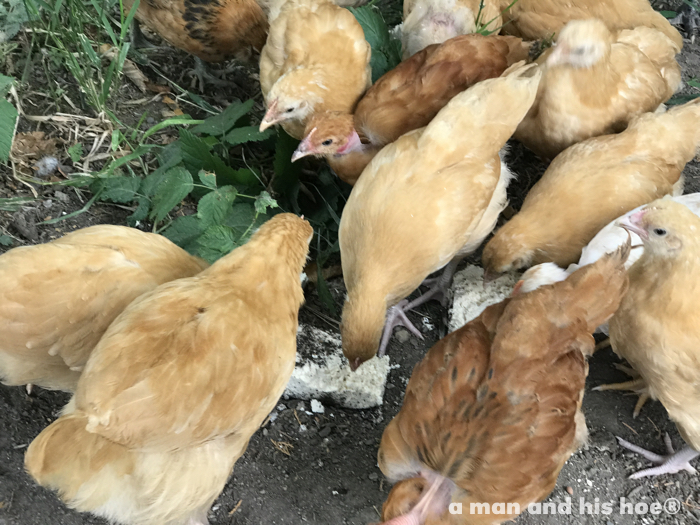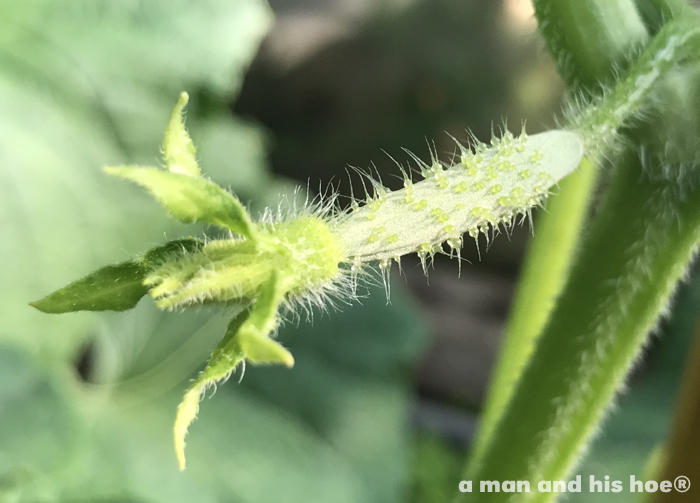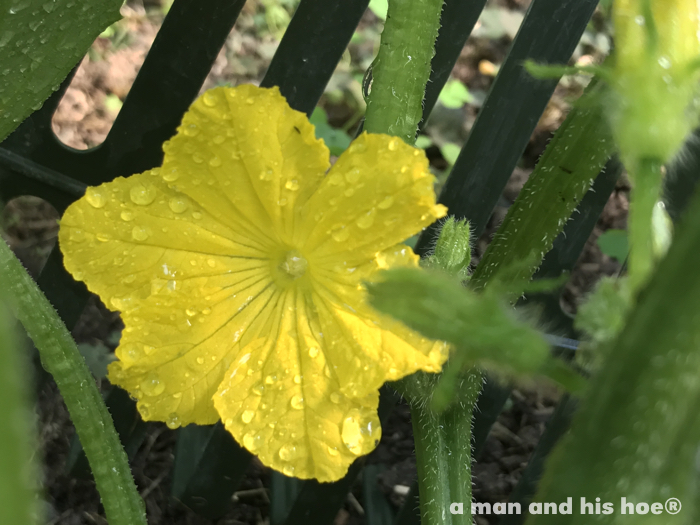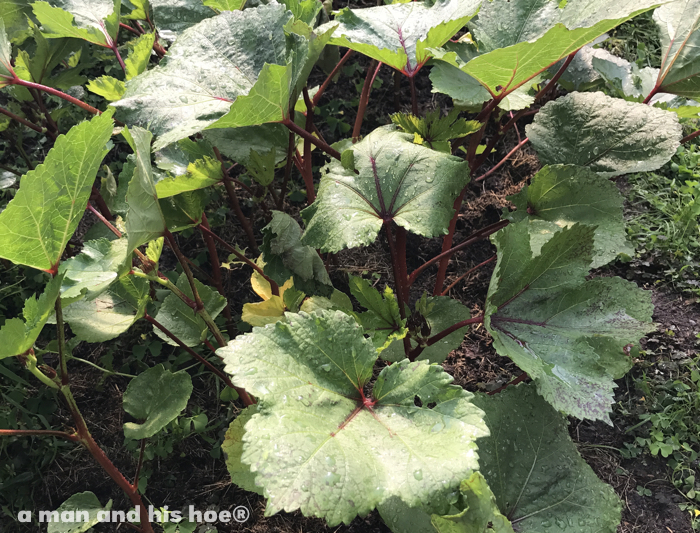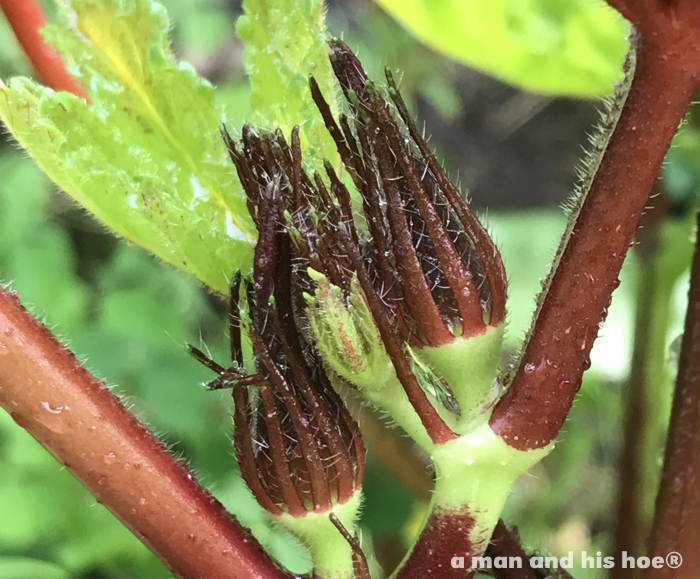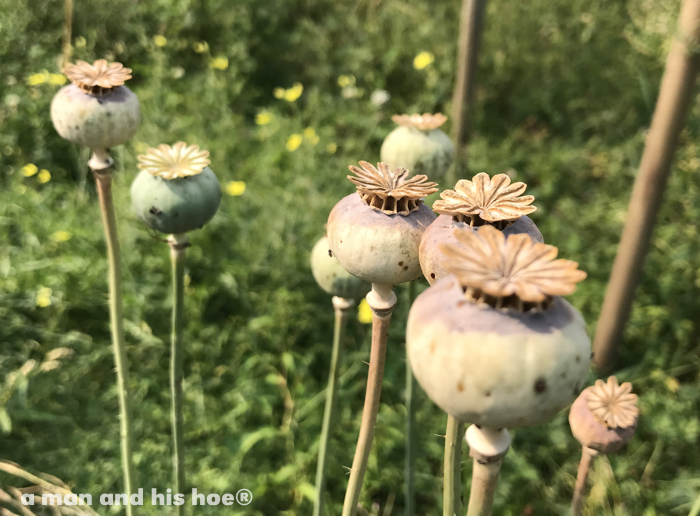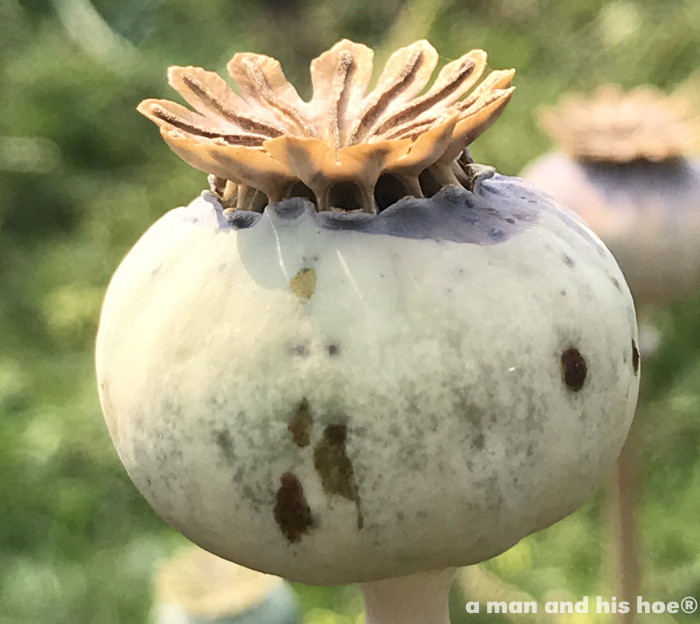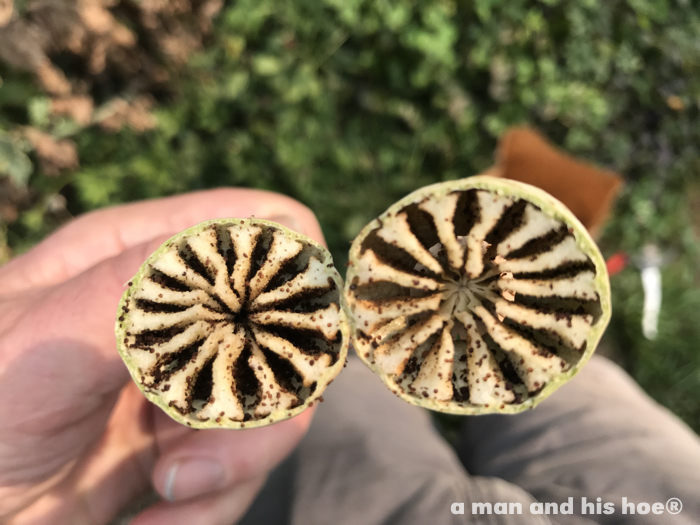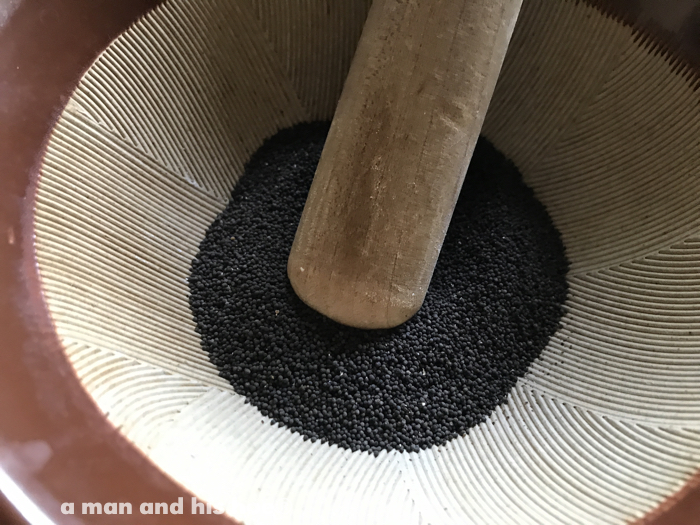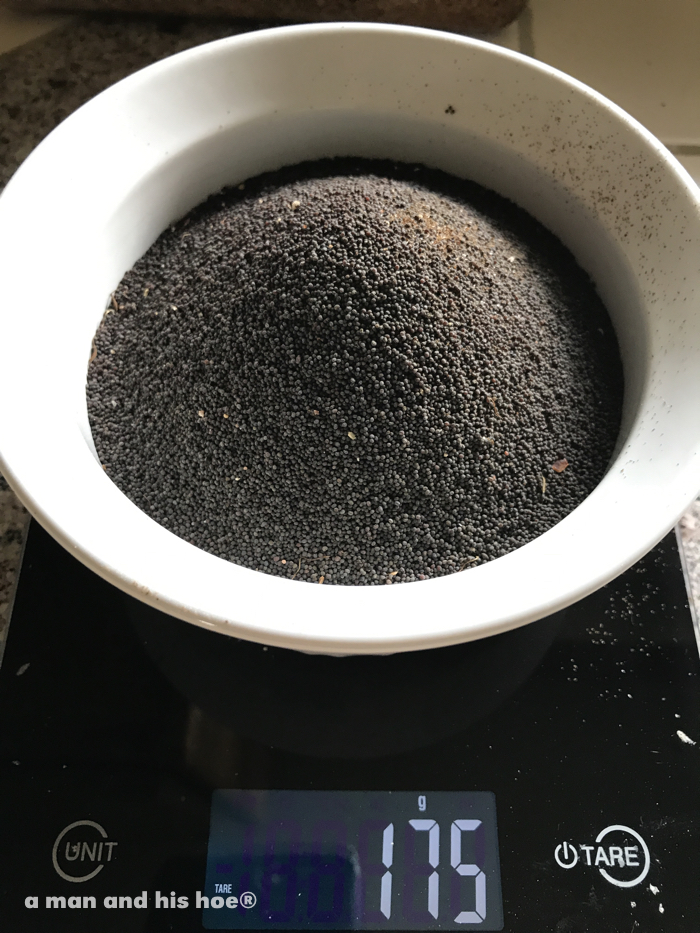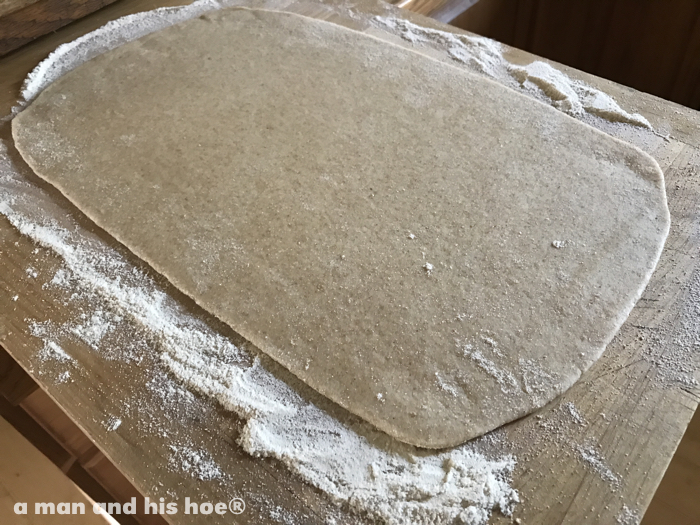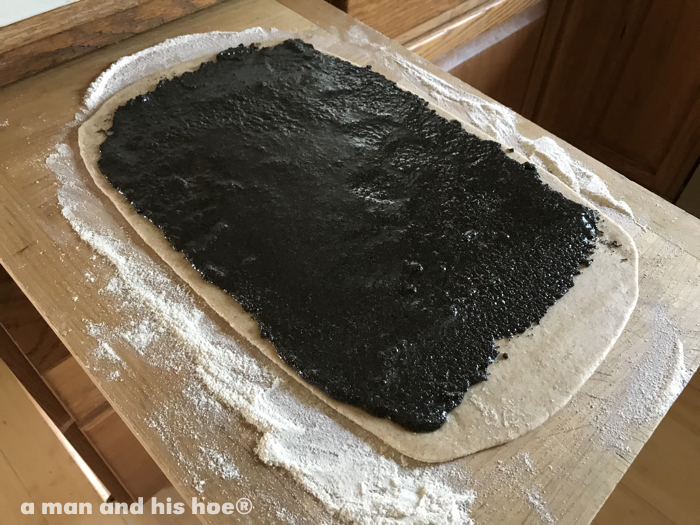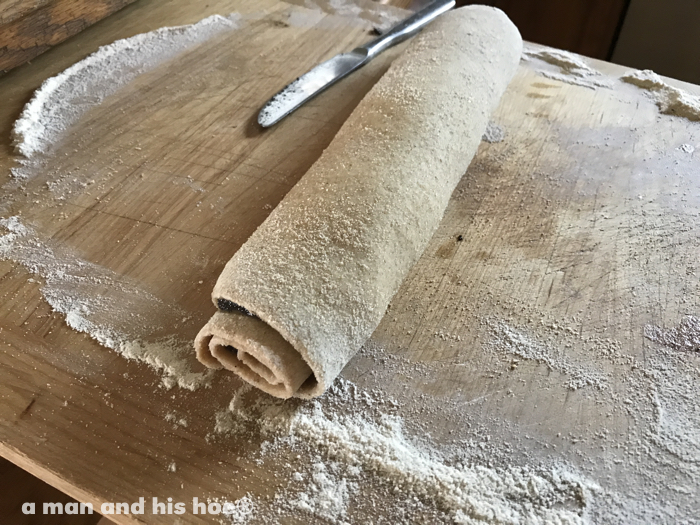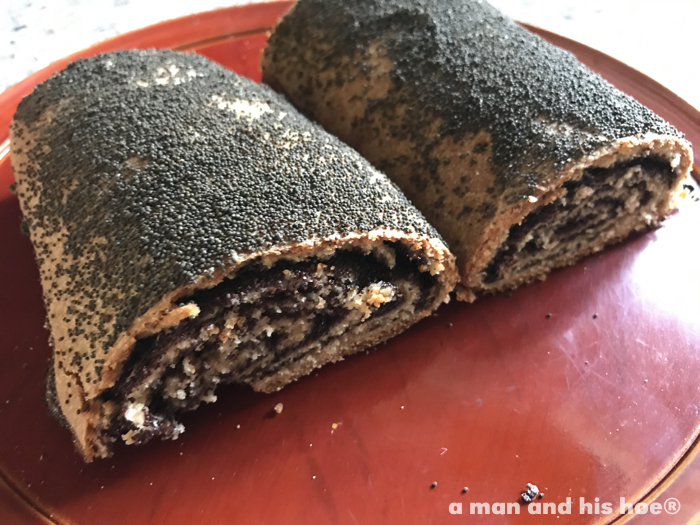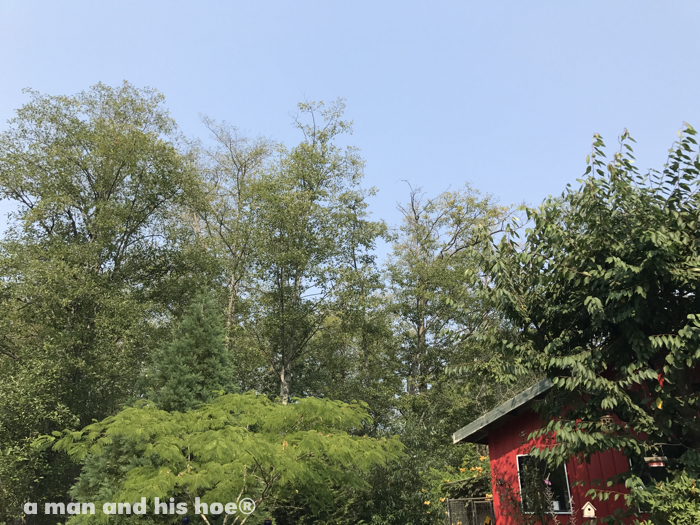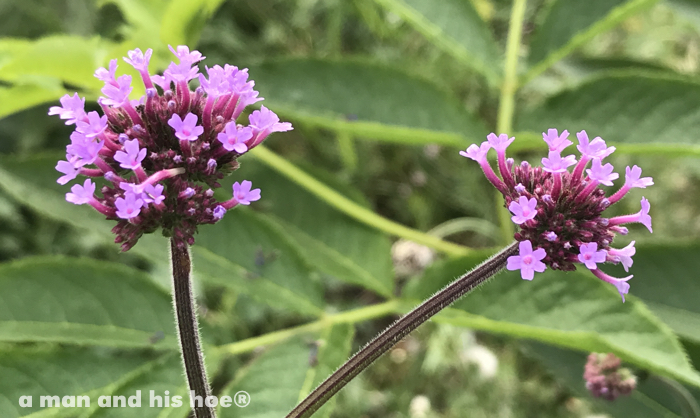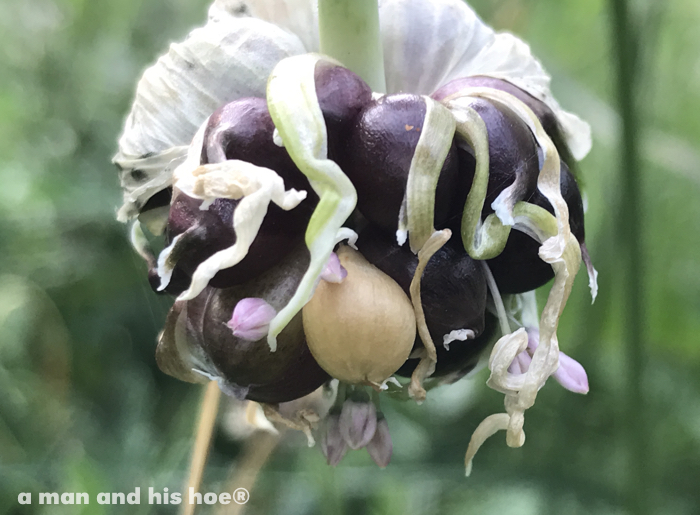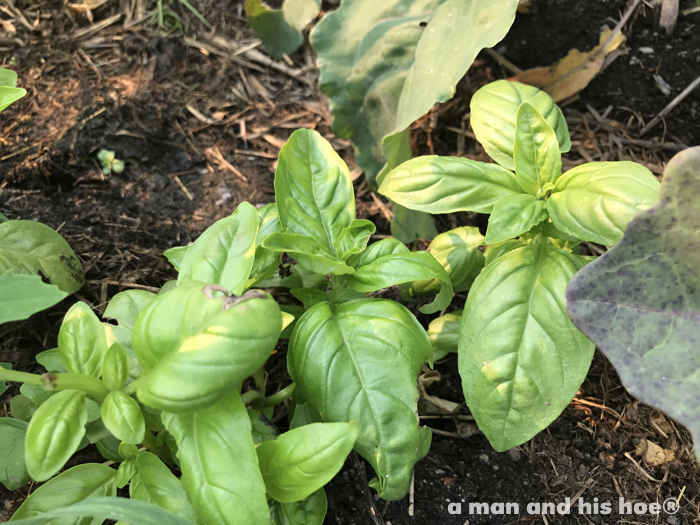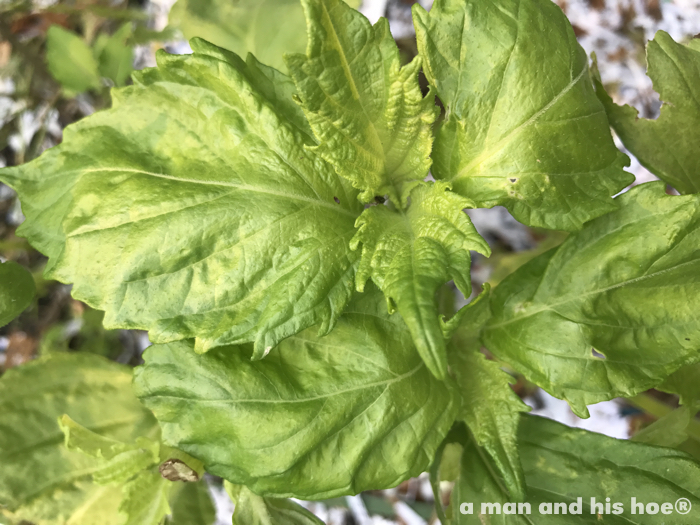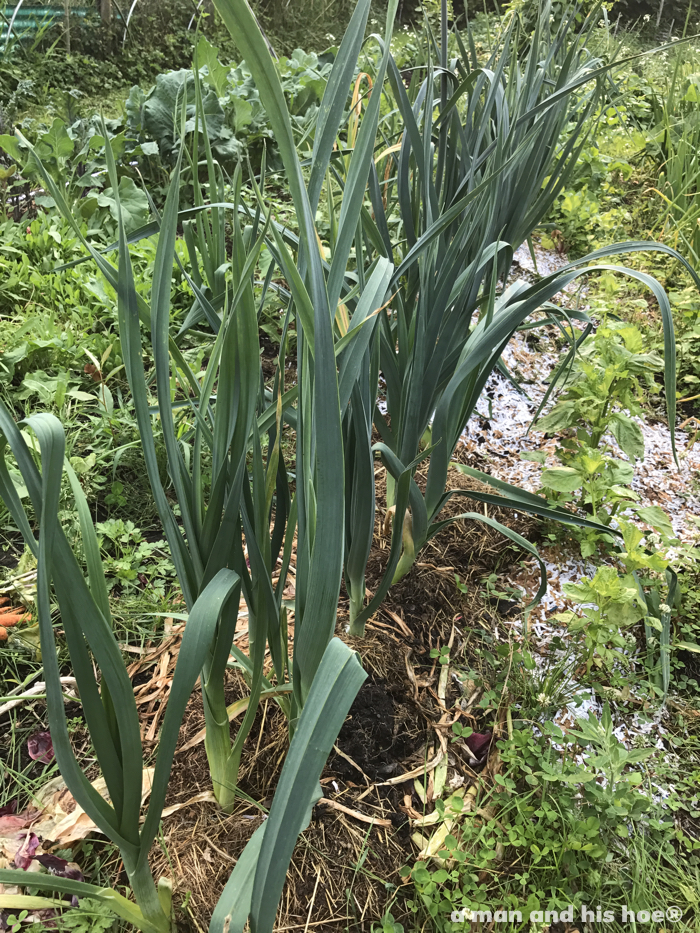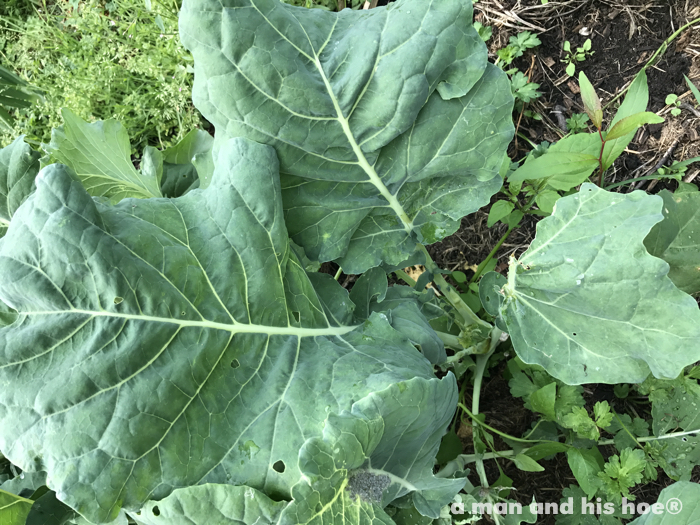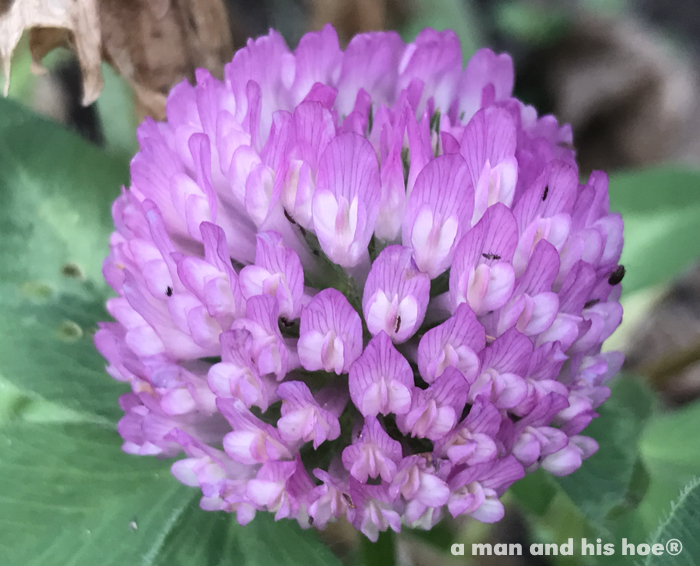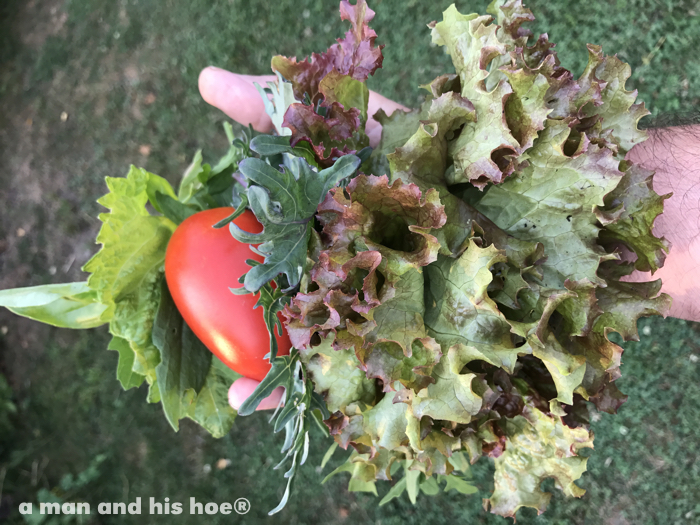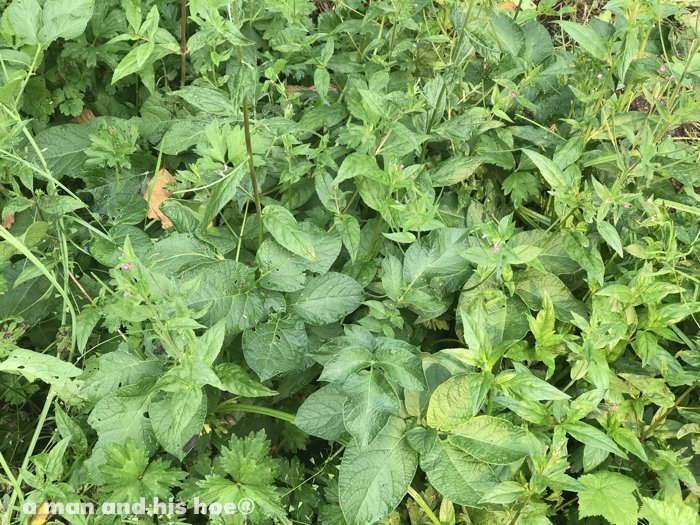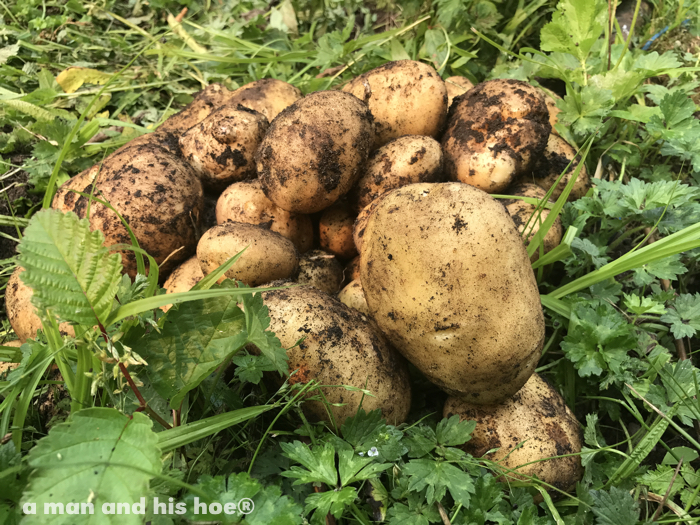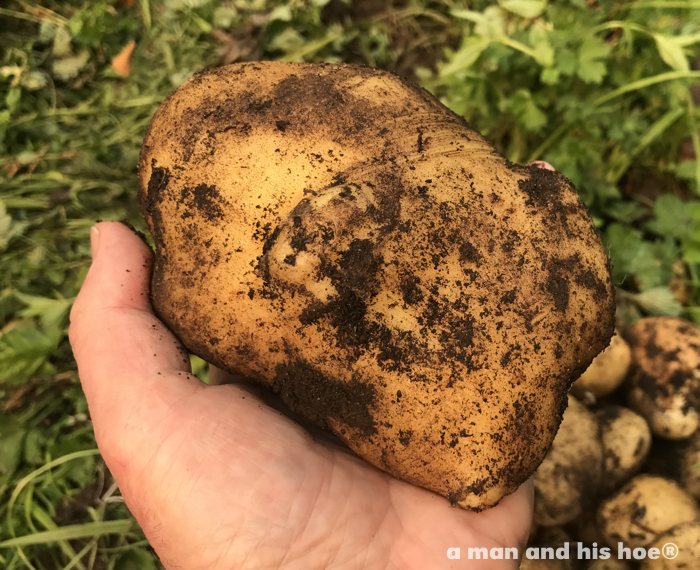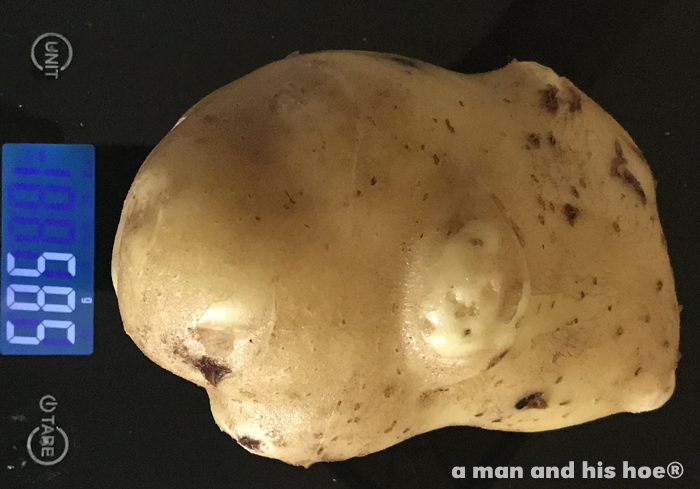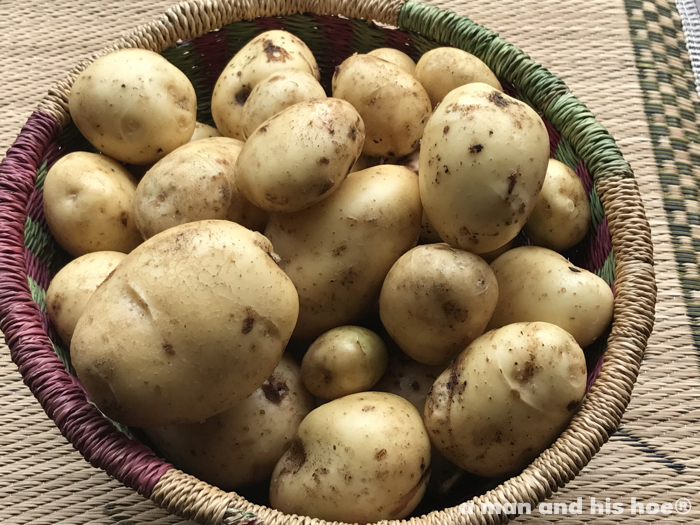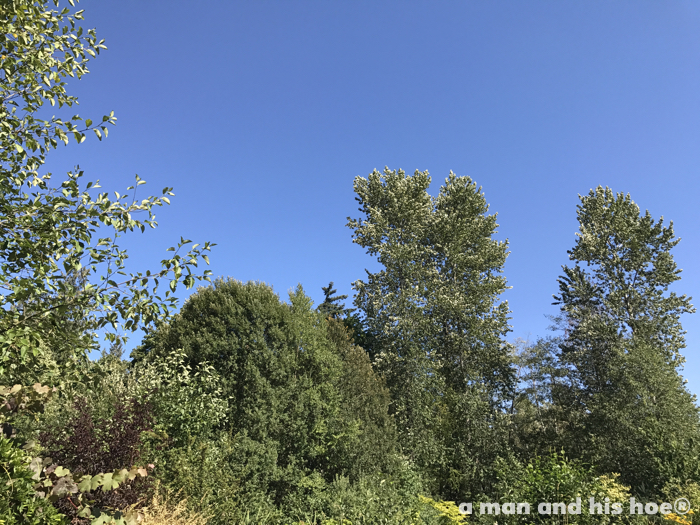
The sky is blue again. Sunday’s rain, which left the mimosa blossoms looking like sad, wet feathers, washed all the smoke out of the sky, and pushed it over the mountains. The birds can now see where they are flying. When I head down into the valley, I can see the San Juan islands once more, their forested peaks rising above a shimmering sea.
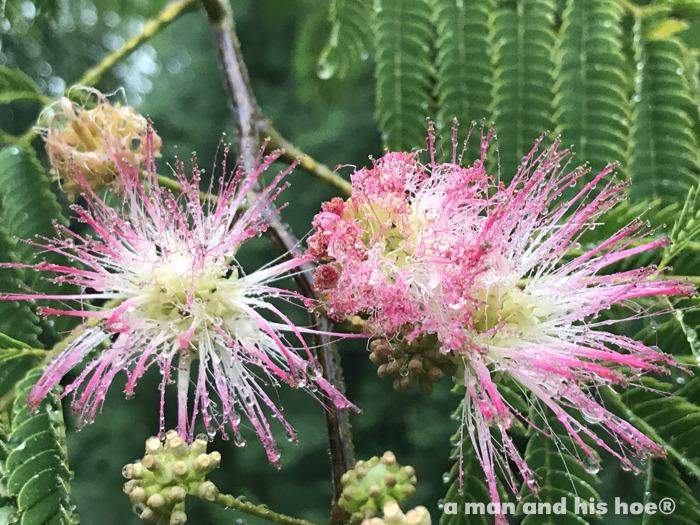
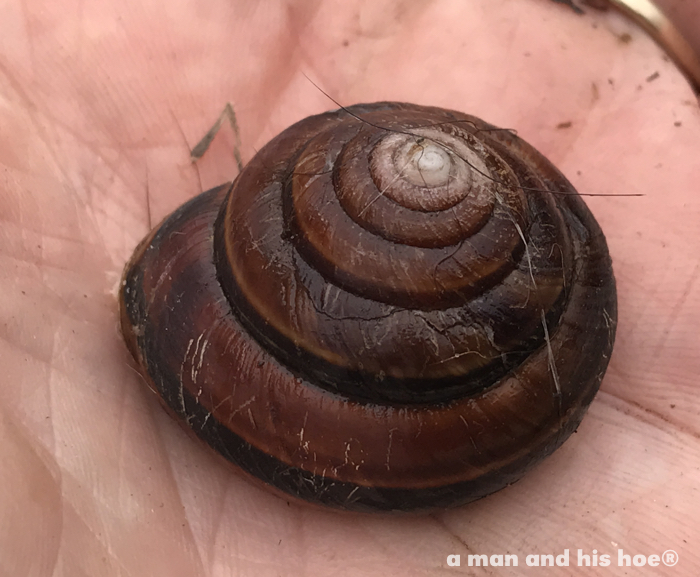
The one alarming thing about the rain was seeing Satan sliding along the wet pavement. In all the years we’ve lived here, I’ve never seen a snail so big. This spring is the first year I’ve even seen a snail in the garden. It was a snail no bigger than a gnat, which I crushed as soon as I saw it. Rest assured, this beast is no longer in the land of the living either. All the more reason to hope that Claire hatches the five duck eggs she is incubating. Once the ducks are grown, I will give them the whole vegetable garden to roam, where they will devour all the slugs and any snails they find.
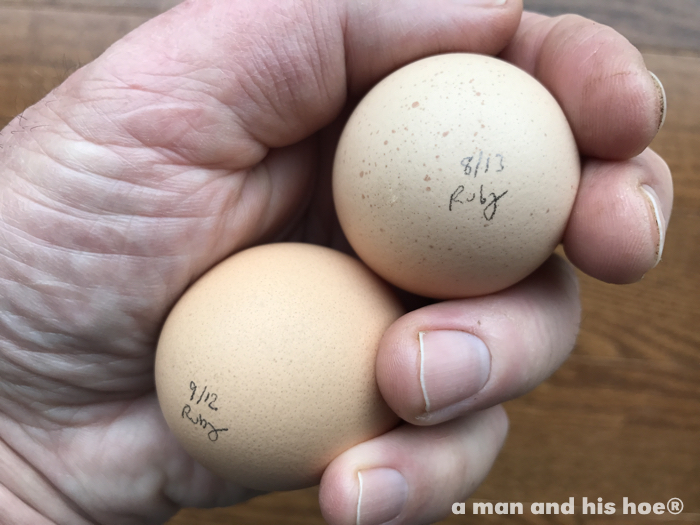
It’s interesting how hens lay eggs with subtle differences from one day to the next. The chicks below are having a feast with the tofu I gave them. Tofu is high on their list of most desirable things to eat. Perhaps at the top of their list is watermelon. They will pick a watermelon until its rind is paper thin.
